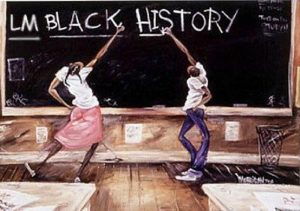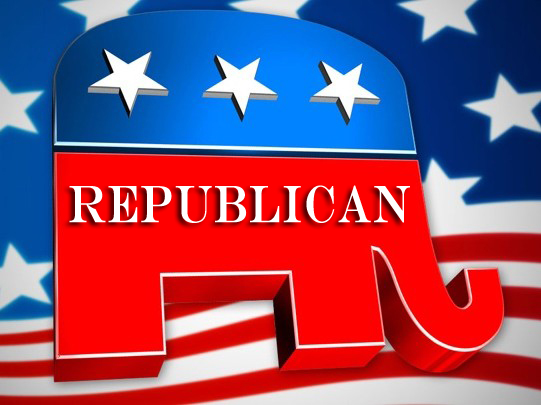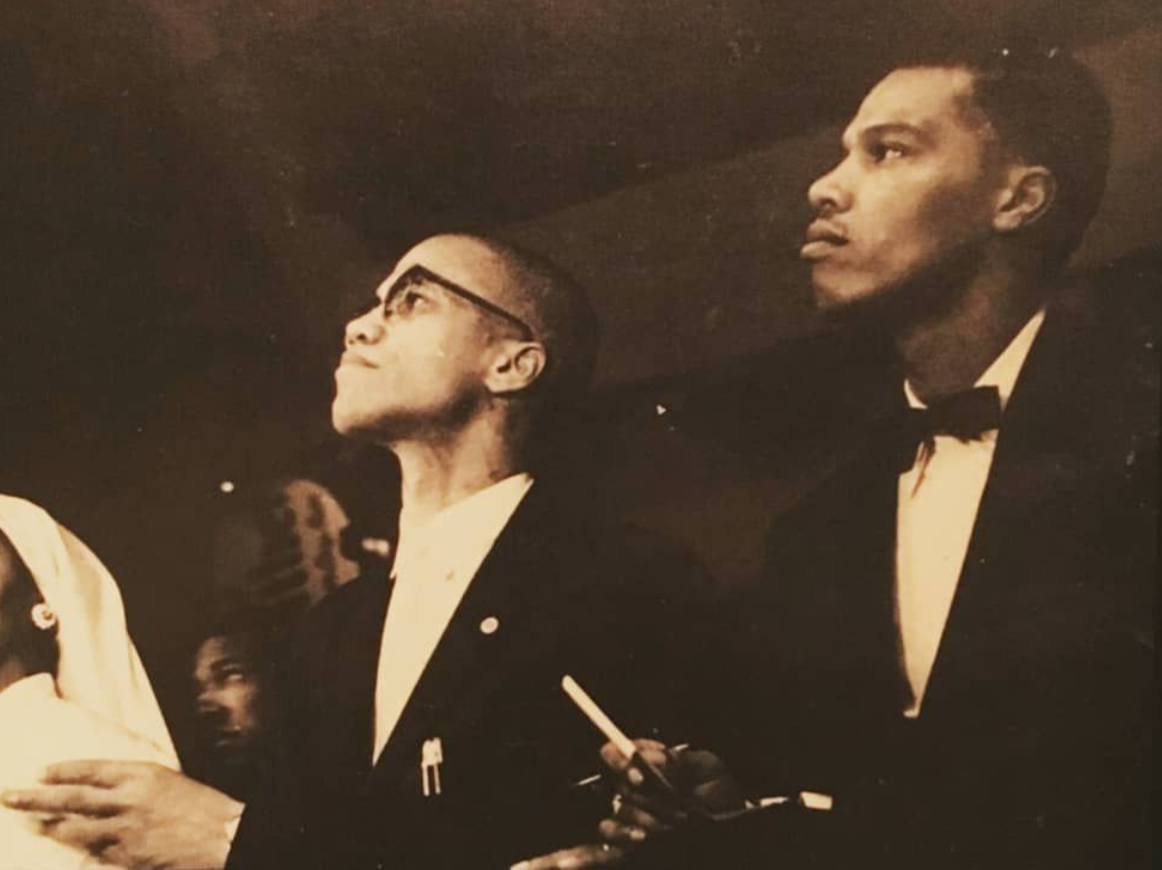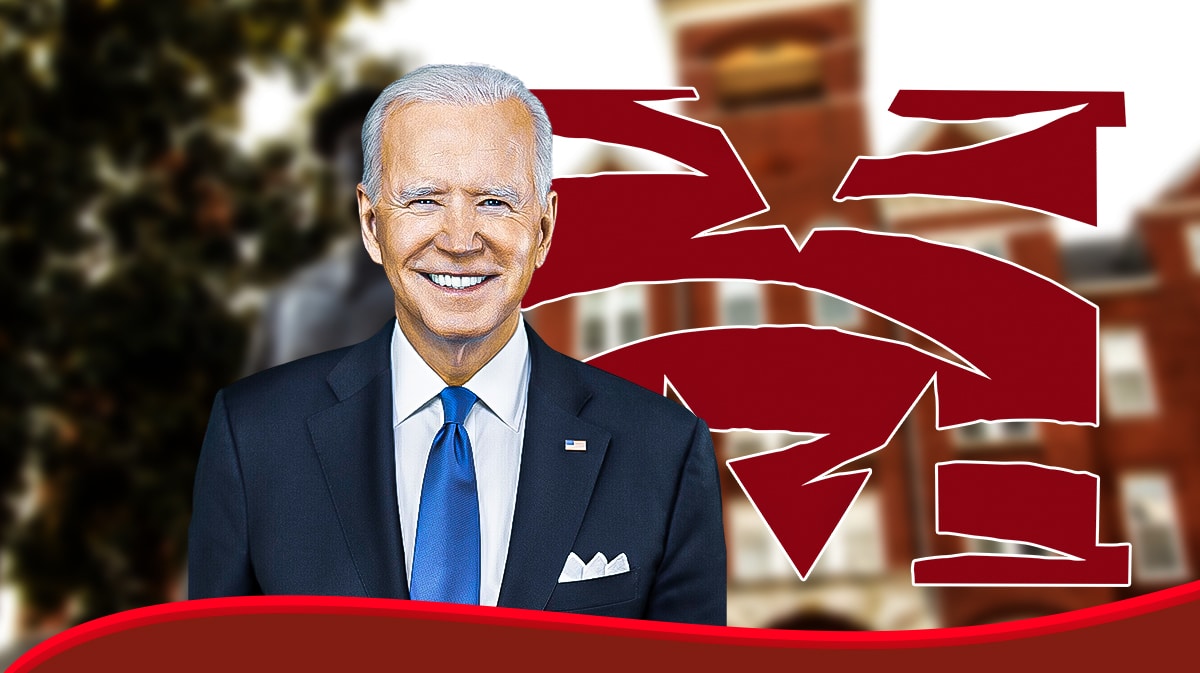(ThyBlackMan.com) In asking America to focus upon the significance to African Americans of gaining an empowering public education, both historically and today, The Association for the Study of African-American Life and History has done our nation another important service.
As the ASALH points out, the barriers and accomplishments that have defined our educational struggles call upon all Americans to recommit ourselves to overcoming the inequities in our society – disparities grounded both in inter-racial indifference and socio-economic class.
During the last four decades, “the crisis in black education” has deepened, especially in those neighborhoods “where public schools lack resources, endure overcrowding, exhibit a racial achievement gap, and confront policies that fail to deliver substantive opportunities.”
lack resources, endure overcrowding, exhibit a racial achievement gap, and confront policies that fail to deliver substantive opportunities.”
The urgency of this challenge is especially significant during a month when the United States Senate [by a razor-thin, 51-50 vote with Vice President Pence breaking the tie] has just consented to President Trump’s choice of Betsy DeVos as U.S. Department of Education Secretary.
The new Education Secretary’s lack of background as an educator, her uneven grasp of federal education policy, and, especially, her ideological passion for public funding of private schools offer scant basis for optimism that the Trump Administration will adequately address the crisis that we are facing.
In the Senate hearings, Ms. DeVos’ verbal commitment to lifting up our children seemed well rehearsed. Yet, to paraphrase Jonathan Kozol’s insight in Savage Inequalities – Children in America’s Schools:
There was a sense that she was skating over ice, and that the issues that we must
address were safely hidden underneath. When she was forced by the Senators
to look beneath the ice, she started to stumble. The verbal competence she
had acquired may have been gained by building walls around some regions
of the heart.
Hopefully, under the pressures of her new position, Secretary DeVos will learn something of the economic realities that exist beneath the ice for federal education policy.
Toward that end, I can offer her – and the Congress – a lesson about successful public education that I have learned from my own moment in Black History.
My parents moved to Baltimore after WWII seeking better lives for their young family – and, especially, a better education for their children. We initially lived in South Baltimore, where our poorly-equipped, 8-room elementary school didn’t even have a lunch room, an auditorium or a gymnasium.
I was trying to learn in what was then called the “3rd Group,” what today, we call “special education,” and, one day, a counselor asked me what I wanted to become in my life.
A NAACP lawyer named Juanita Jackson Mitchell had stood up for us children in our successful marches to integrate Riverside swimming pool. So, I told my counselor that I wanted to become a lawyer like Ms. Mitchell. I wanted to help other children like me.
The counselor just looked at me, a poor kid in the “3rd Group,” and exclaimed: “You want to be a lawyer! Who do you think you are?”
I almost lost faith in my dream that day, but here is the point of this history lesson that I have to offer.
A great teacher named Mr. Hollis Posey listened to my dream, believed in my potential and taught to my strengths.
Although our school had little in the way of the financial support available to more affluent children, librarians at our local Pratt Library branch helped me to get my academics up to speed.
As a result, I kept working hard, and the day finally came when I made it out of the 3rd group. I was able to attend one of Baltimore’s foremost academic high schools, graduate with honors from Howard University, and go on to earn my law degree.
This personal lesson from our history is why I, for one, will never be convinced that we can assure every child an empowering education by diverting federal Title I funds to private schools.
Great teachers and adequate funding may not be the total answer to the “Crisis is Black Education,” a crisis that also exists in impoverished communities, both urban and rural, that are not Black. Nevertheless, these are the essential components of success.
Without minimizing the significance of racial disparities upon educational success, we know that a dominating factor in failing schools is the relative poverty of their students and their communities.
We also must confront a second reality. We consistently have underestimated the levels of commitment by federal and state legislatures that are required to overcome these deficiencies.
Local school systems that are working to educate large numbers of economically disadvantaged students need far more than they have received from the equal funding reforms of recent years.
This underfunding is precisely why federal Title I funding exists: to lift up impoverished students, whatever their racial background may be.
We need to increase, not decrease, the funds that we are investing in strengthening the public education of economically disadvantaged students.
Hopefully, this is a lesson from Black History that the new Administration will soon learn.
Written by Congressman Elijah Cummings
Official website; http://twitter.com/RepCummings
















Leave a Reply